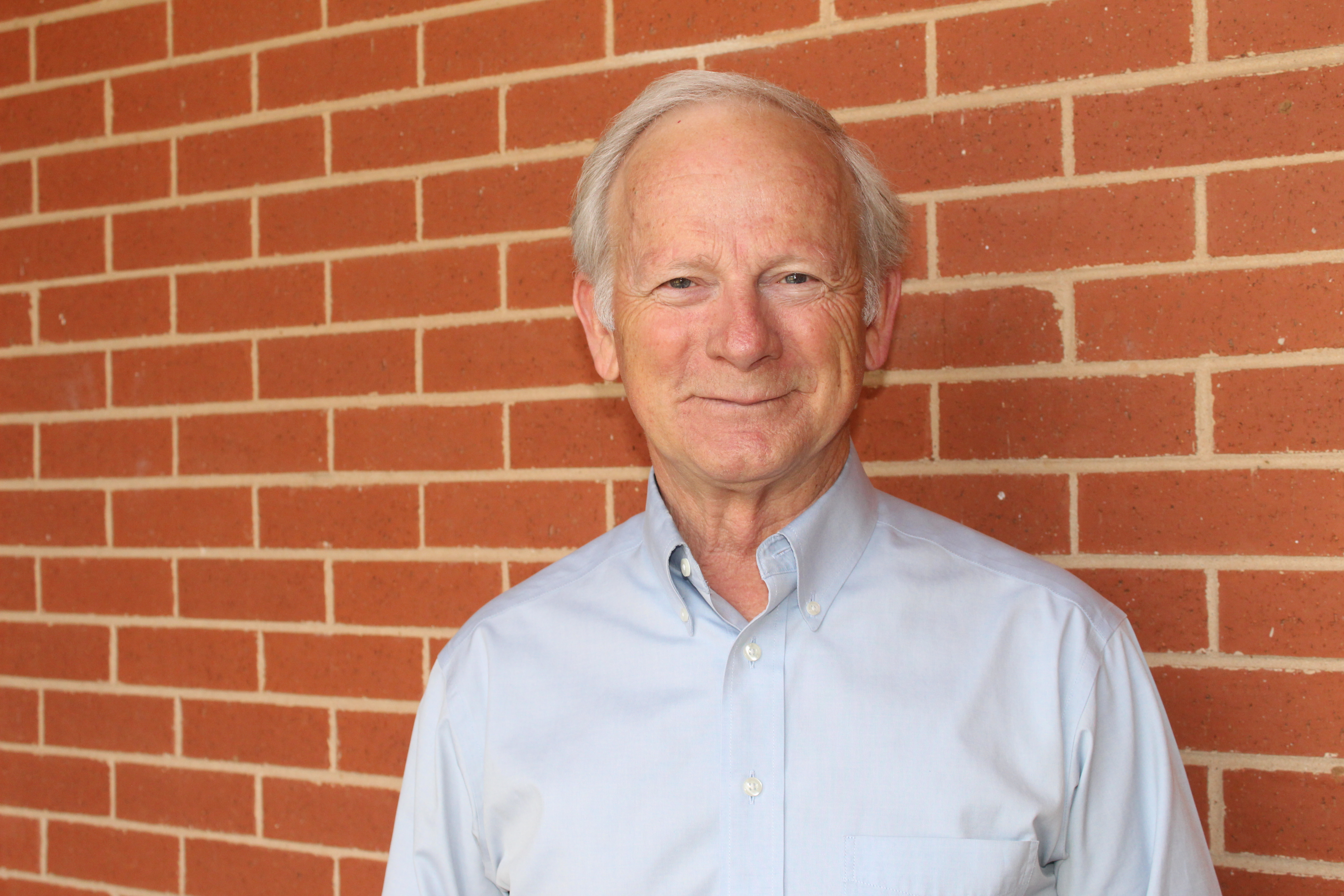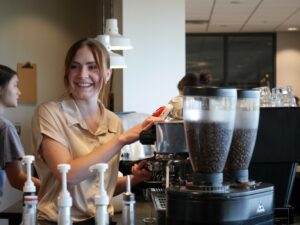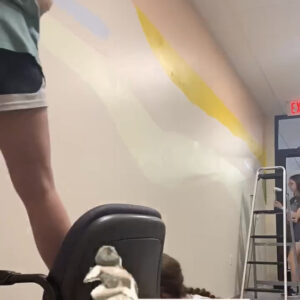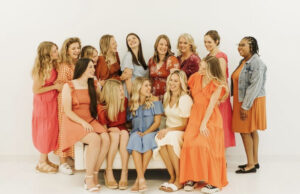The Talon staff sat down with Kent Hartman, a former missionary in Australia and Oklahoma Christian University’s missionary in resident, to discuss the importance of students’ personal finance and the Oklahoma Christian experience.
Q. What originally led you to come to Oklahoma Christian?
“Nancy and I graduated from here many years ago. My family has been involved with Oklahoma Christian since the early days. In the administration building, if you go look at that plaque with many names on it, the top name in the middle column is my dad’s, the bottom name in the second column is my grandfather’s, the name above that is my uncle’s. I know probably 20 people on that plaque from the beginning days of OC. OC gave a lot to us, so we thought maybe we could come back and hopefully make a contribution here.”
Q. When did you start teaching the Personal and Family Finance class?
“We moved here in 2002, and in the interview I had with Lynn McMillon, who was dean of Bible at the time, he finished the interview by saying this: ‘Kent, is there any class you would really like to teach?’ Having done missions for 17 1/2 years, I think he thought it would be a missions class. I said, ‘Do we have a class on personal family finance?’ He said ‘No, we don’t.’ And I said, ‘Well, I think it would be a good idea. What do people struggle with? Money. Students a lot of times leave here with debt. We ask them to help OC when they graduate. If they have debt, that doesn’t help people, so I’d like to do a class on that.’ He said, ‘What would you propose doing?’ I had a folder with me of things I had been doing in Australia for the past 10 years, and I said, ‘I’ve been doing something like this with this work.’ Somehow, he got it past the academic council, so I started in 2002.”
Q. What made you want to start teaching the class initially?
“It’s a perpetual problem—any culture, people struggle with money. If they struggle with money, the No. 1 reason given for divorce is money. If we can help people get on the same page, I think that’s a good thing.”
Q. How do you feel your class will help students after graduation?
“When students come back and talk to me, they talk to me primarily about this class. They don’t talk to me about the missions class, they don’t talk to me about the other Bible classes, they talk to me about this class. It’s just day-to-day skills. I have students come back and say, ‘I actually bought a car with cash like you suggested.’ The last class period in my class, I have two couples come in who took the class over 10 years ago. Both of them paid off their houses in 3 1/2 years. Imagine being 27 and having your house paid for. It’d be pretty cool, wouldn’t it? Those things are good, and they can give more money, they can put money aside to send children to go to college, but a lot of them say, ‘I’m going to help some more people.’ One lady, she was married and had two children, I saw her down at OnCue. She was waving at me. I didn’t know who she was. She said, ‘I took your class last minute and now we’ve increased our giving 30 percent.’ I love hearing things like that. It helps people get a handle on more things, get organized and do more, usually, than they ever thought they could do.”
Q. How much money should college students have saved up?
“I do not know the answer to that, because everyone is different. and every situation. Some are paying for college, some of my students have zero debt. It’s just so different. I just say, as soon as you can start saving, it’s good to start saving. One of the verses I use is Proverbs 13:11, ‘He who gathers little by little makes it grow.’ Just get in the habit of saving, even if it’s a little bit. When we get good habits, then we can put more money into those habits. I’d say as soon as you can start, you do.”
Q. What is the biggest thing you want students to learn from any of your classes?
“That’s an interesting question. In that class, obviously it’s a Bible class, so I want them to understand what God says about money. He says a lot about money—how to apply that to their lives, how to live for him in a way that pleases him.”
Q. What about Australia do you miss the most in the U.S.?
“We were fortunate to make a lot of good friends there, and that would be it. The friendships we had that were very close. We went through a lot of stuff. If you’re in another culture, you’ve got to work hard to learn a culture.”
Q. How would you like to see Oklahoma Christian change in the coming years?
“I really don’t think a lot about that. I guess I probably should. I get stuck into what I’m doing and do that. I hope we will continue to be accepting of everyone. I hope most everyone is doing that. If there are some things that make that challenging, make that difficult, but I hope we’ll do that. I hope we’ll stay true to the core values that started OC. I think that’s a struggle for any institution to do that. I know it’s hard for us to do that. I think if you don’t honor the people who got you started, then people who come along the way are going to be less likely to support things. Then again, I’m not saying everything has to be like it was 60 years ago, but if you don’t honor the foundation, I think it comes back to hurt you.”
Q. What is one thing you wish every student would take away from their experience at Oklahoma Christian?
“I think Jesus. What’s life all about? It’s loving God and loving people. If we could get that in our mind, how do we love God in the best way that we can, and how can we show love to people? We have a lot of students here, as we do anywhere, that are different than me and different than you. How can we show love to everyone? If we can do that, I think it’d be a beautiful thing.”
















Be First to Comment